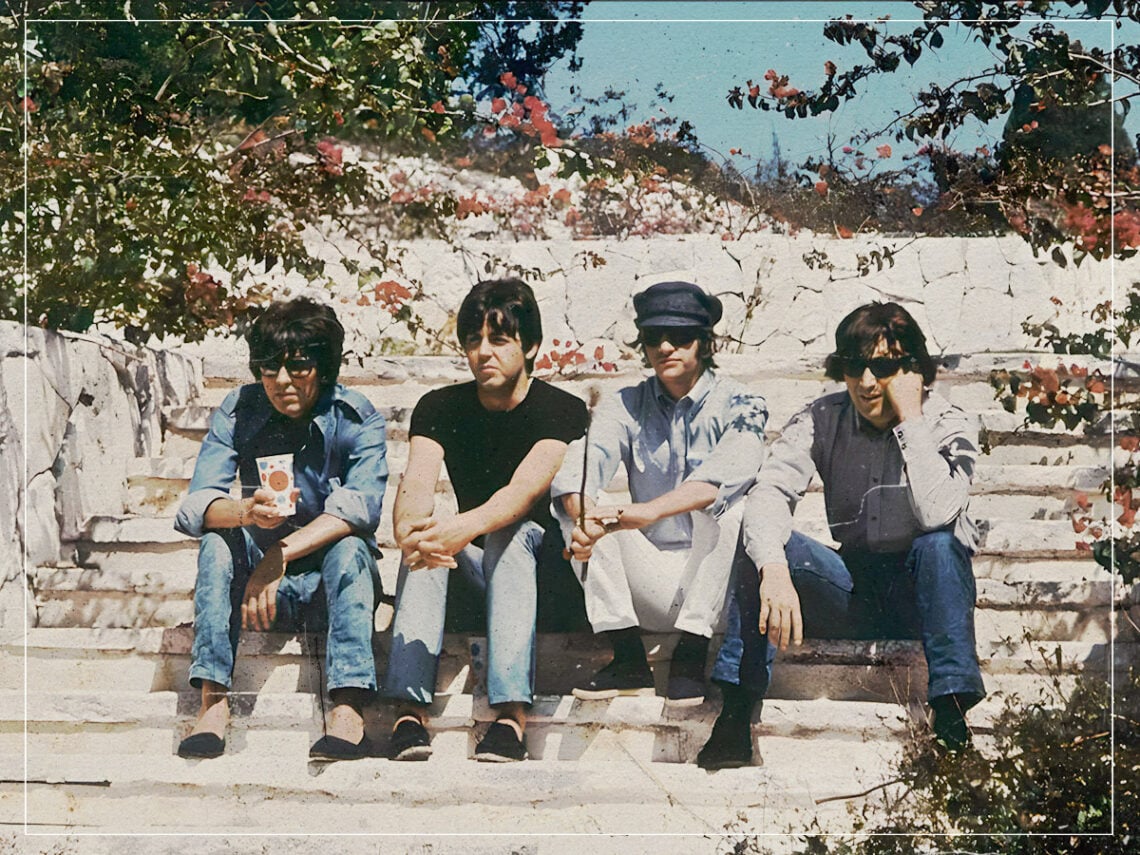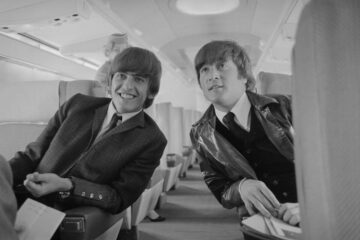Sometimes, a song can take ages before coming together correctly. Even when artists have mulled over the same kind of song for decades, there are occasionally stumbling blocks when they can’t crack the code to make a track work. For all artists who think they might not be good enough in these situations, remember that even The Beatles had their fair share of songs that nearly defeated them.
When John Lennon and Paul McCartney were putting together their first handful of tunes, they didn’t know the first thing about music theory. While they may have had an incredible gift for melody whenever they played, the songwriting duo were known to make songs heavily influenced by their idols in the early days, cribbing from Buddy Holly, Little Richard and everyone in between.
Even though the band enjoyed a meteoric rise after the success of their first single, ‘Love Me Do’, their first handful of albums consisted of both Lennon/McCartney originals while the rest of the album consisted of covers of classic rock and roll. By the time the band set about making their first feature film, A Hard Day’s Night would be the first Beatles project to have songs exclusively written by the band members.
Outside of their usual British take on rock and roll, the band were also toying with how they could structure their ballads. Aside from McCartney’s odes to romance in songs like ‘And I Love Her’, Lennon had a more cautious side when singing about matters of the heart, being afraid to let his emotions show in songs like ‘If I Fell’.
When it came time for Lennon to put together the final track, ‘I’ll Be Back’, he admitted that the entire song gave him trouble when recording it in the studio. Going through the various demos of the song from Anthology, one rough draft can be heard where Lennon is singing the song’s second bridge before his voice chokes up, after which he exclaims, “[It’s] too hard to sing”.
Even though the song would eventually get released, the main problem that Lennon ran into came with how the band was internalising the rhythm. Before it got the signature smooth shuffle, the initial take of the song consisted of Lennon attempting to play the song in waltz time, which meant that every single note was being elongated too much for him to get proper breath support.
Granted, it wasn’t out of the question for Lennon to play around with the time signatures in his songs. Never one to focus on where the downbeat was, Lennon would often throw in whatever abnormal time signature he needed into the mix to satisfy the ending of his phrase, including switching to 5/4 during the verses of ‘Don’t Let Me Down’ and playing the verses to ‘All You Need Is Love’ in 7/4.
That flirtation with waltz time in ‘I’ll Be Back’ did return a few years later, with Harrison suggesting reusing the strange time signature for the B-section of the song ‘We Can Work It Out’. For all of the great music that Lennon could work out on his own, getting the final version of ‘I’ll Be Back’ on tape is a testament to how well the Fab Four operated as a unit.



